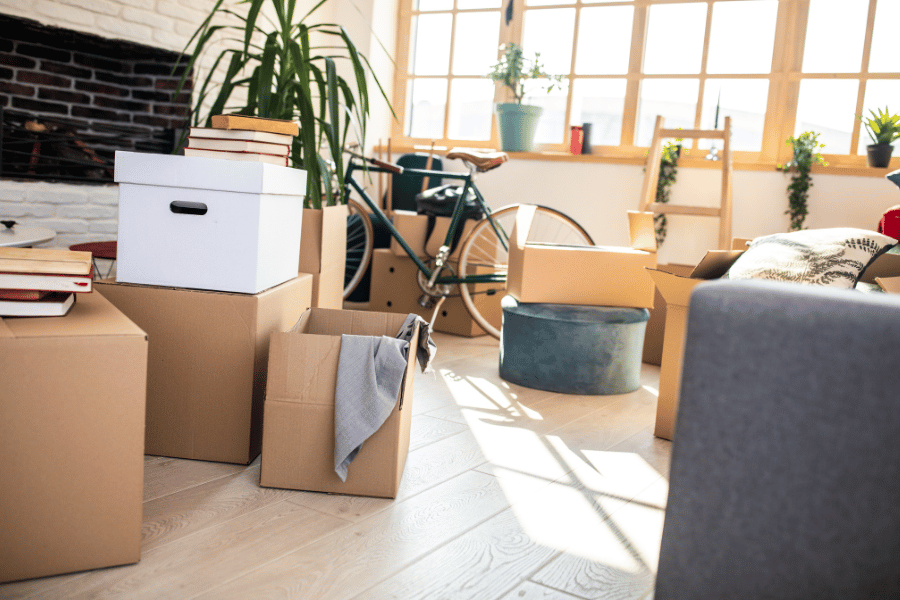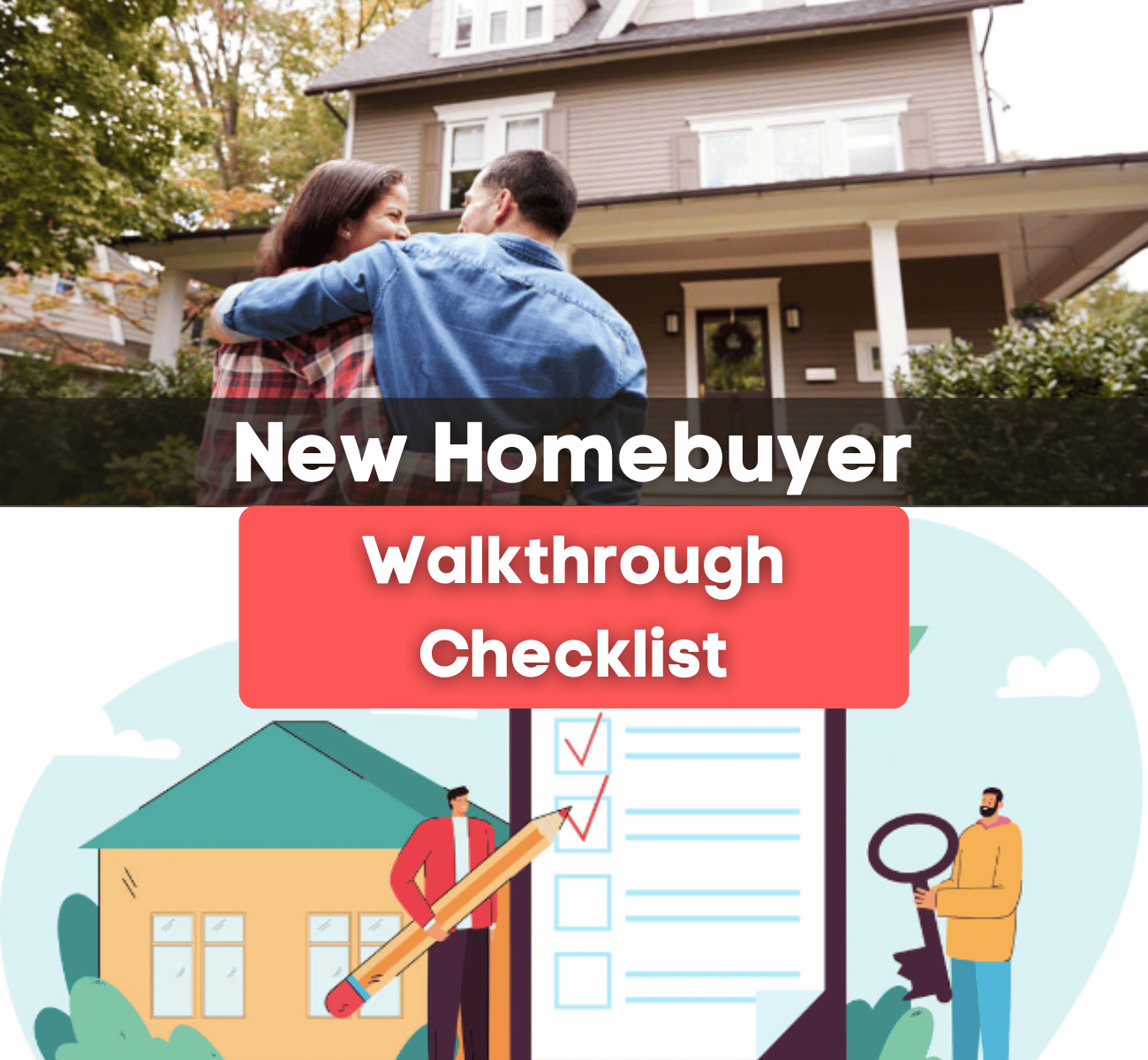7 First-Time Home Buyer Mistakes and How to Avoid Them
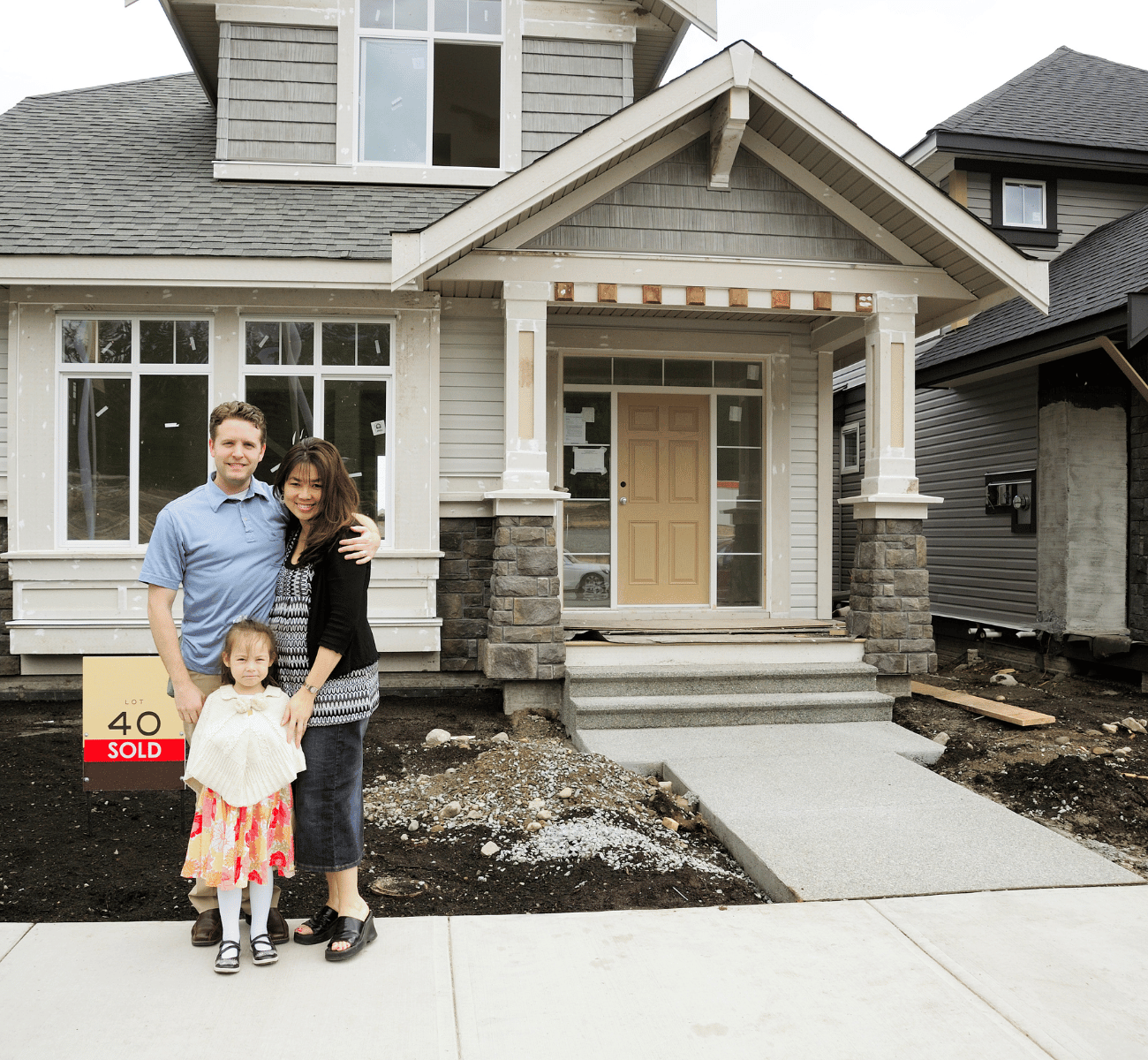
7 First-Time Home Buyer Mistakes and How to Avoid Them
Are you a first-time home buyer and want to learn how to avoid the most common mistakes? Please ensure you know these first-time home buyer mistakes and how to avoid them.
From checking your credit score to researching the neighborhood, there are endless things to keep in mind when buying your first home. You'd be surprised by how many common mistakes you make as a first-time home buyer. On the bright side, you can also do many things to avoid them.
Buying a home is a significant investment that can be both enjoyable and thrilling. However, the home-buying process is unique and not one-size-fits-all. The closing requirements vary from state to state, and it's worth noting that homes in Raleigh are often sold for prices well above the asking price. This means you need to be more prepared than you think if you plan on buying your dream house.
Common mistakes made by first-time homebuyers can be minor or can cause financial issues and process delays. No matter the size of the mistake, it's essential to take specific steps to avoid them. In this guide, we are going to discuss the most common first-time home buyer mistakes and how to avoid them.
Keep reading to learn about these common first-time home buyer mistakes and how to avoid them.
Chapters
1. Not Checking Your Credit Score Before You Get a Mortgage Preapproval
Ignoring or not checking your credit score before you get a mortgage preapproval can lead to many problems. Most first-time home buyers never look at their mortgage credit score, which differs from your credit score. Mortgage credit reports are specifically for the mortgage industry.
It is important to check your credit score throughout the process, especially before you get a preapproved mortgage, because most mortgage deals go to buyers with the best credit. Obtaining a preapproval letter will help you know how much you can afford to spend on a monthly mortgage.
Getting preapproved can become lengthy, and the lender will run a full credit check to verify your documentation to provide a specific loan amount. It is recommended to have a FICO credit score above 600 or 700. If it is less than that, you will probably pay a higher monthly mortgage rate. You may be asked for proof of income; if you are self-employed, be prepared with the correct forms.
Here is how to avoid this:
- Check your credit score throughout the whole process.
- Ask your lender to see your credit report
- Review your credit score for errors and make improvements
- Utilize free apps to check your mortgage credit score

2. Buying a House You Can't Afford
Buying a house that checks off all your boxes is essential. This means finding a home with the perfect porch, square feet, and price. It would be best if you were not buying a home that you can't afford. If you buy a house that you can't afford, it can lead to debt, foreclosure, and many other problems.
The initial mortgage approval will estimate how much you can afford. Still, it's important to note that there is a difference between your debt-to-income ratio (DTI) and your monthly expenses. The lender will look at your DTI to determine if you can afford the home, but this doesn't account for all your expenses.
You may be able to pay for the house according to your DTI, but you will still need extra money for your everyday expenses. Be sure to consider how much money you are spending on monthly expenses outside of your home costs. Consider setting aside extra money each month for utilities like water and gas, as they can vary from month to month.
Keep in mind that the cost of living varies in each area; try researching the cost of living in your future city or town. Raleigh, NC, has a cost of living that is less than the national average, meaning you will be able to spend more on the things you really want to buy.
How to avoid this:
- Make sure you have enough money to pay at least a 20% down payment
- Save enough for your down payment and closing costs
- Save extra cash in case there are any hidden costs
- Build a budget including your housing costs

3. Not Researching Your New Neighborhood
Many people fall in love with the house itself and forget about the neighborhood. No matter your age, it's vital to take into account how the neighborhood fits your lifestyle. That means if you have kids, research the nearest schools; if you are a retiree, research the average age in the neighborhood; if you're a young professional, research the distance to your job.
Your neighborhood will shape your homeowner experience, and you need to pick the right one. The majority of neighborhoods have an HOA, which implements certain rules and regulations on all homeowners. Try researching the rules and make sure they fit with your preferences in order to avoid future issues. If you think you might want to add anything to the home, like a pool, check with the HOA first.
North Carolina has many pros and cons; be sure to research your desired area before moving. Understand that it's challenging to meet neighbors during an open house, but there are other ways to research the neighborhood.
How to avoid this:
- Test drive your commute to work
- Drive through the neighborhood and talk to homeowners
- Visit the closest grocery store
- Research community events
- View the different home styles in the neighborhood
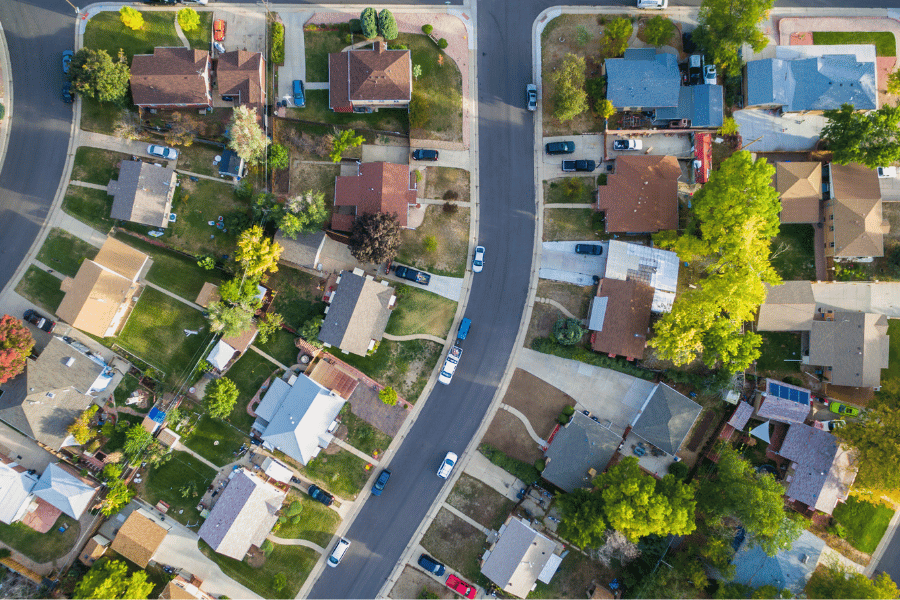
4. Skipping a Home Inspection
During the home buying process, an inspector observes the home and includes their findings in a written report known as a home inspection report. The buyer usually hires the home inspector after you go under contract. This way, you can ensure safety, health, and proper mechanical function by identifying any issues and ensuring compliance with regulations.
A home inspection will help you save time in the closing process so you can request repairs or renegotiate the offer if issues arise. This is extremely important, and you will not want to skip out on it.
In North Carolina, the buyer typically pays for the home inspection, which can cost anywhere between $300 and $1,500. Don't skip out on this vital part of the home-buying process because it costs a bit more. Remember, the seller isn't legally obligated to fix the repairs, but you can negotiate the house price after the inspection.
How to avoid this:
- Set money aside for the home inspection
- Keep an eye out for minor problems during an open house
- Get a quote for repairs from a general contractor
- Orde the home inspection within seven days of going into contract
5. Don't Forget About First-Time Home Buyer Assistance Programs
First-time home buyers often aren't aware of how many assistance programs are out there. There are national, state, and local programs across the country to help you. You will run into many unexpected costs and fees. If you don't have enough saved up to cover these extra costs, these assistance programs will take a boatload of stress off you.
Make sure to research the assistance programs available to you. This means ensuring you meet the specific criteria regarding income and sales price limits. There are even specific programs like the N.C. Home Advantage Mortgage is specifically for first-time and move-up buyers.
National Programs:
- Mortgage Credit Certificate: After meeting specific criteria, you can save up to $2,000 in yearly taxes. This can be combined with most loans, other lender programs, or some adjustable-rate mortgages.
- The U.S. Department of Veteran Affairs: This loan requires 0% down financing options for first-time home buyers and all buyers who are military veterans.
State and Local Programs:
- N.C. Home Advantage Mortgage: This program can help you with down payment assistance, closing costs, and even interest-free second mortgages up to 5% of the first mortgage loan amount.
How to avoid this:
- Research the programs in your area
- Calculate how much assistance you may need
6. Not Meeting With Multiple Real Estate Agents
Working with a real estate agent can take a lot of weight off your shoulders when buying or selling a home. They can help you better understand the services available to you and things to look out for and provide you with more useful information. One of the most important things to do is choose wisely.
First-time home buyers precisely shouldn't settle for the first real estate agent they find. The best agents understand your local market, which will get you the best bang for your buck.
Similar to any profession, real estate agents are experts in their field and will know all the right questions and answers. Although you might save money by selling your house without a realtor, having a real estate agent on your side will help ease your transition into your new home. You can even work with agents who specialize in working with first-time homebuyers to help you avoid mistakes.
How to avoid this:
- Ask the right questions
- Ask your friends and family for any recommendations
- Research! Research! Research!

7. Skipping Mortgage Preapproval
Getting your mortgage approved may be one of the most critical steps in the home-buying process. Many first-time homebuyers forget to get their mortgage preapproved. Discovering your dream home only to learn your credit score or income is too low for a mortgage is a frustrating experience. Getting your mortgage preapproved will save you many headaches in the long run.
It's important to note that even if your credit score is high, lenders will still need to assess your income, down payment funds, and total debt to determine if you qualify for a mortgage. To avoid getting attached to homes that are out of your price range, it's a good idea to get pre-approved for a mortgage before you start house hunting. This way, you can rule out any homes that are too expensive and focus on finding a property that you can afford.
In many cases, sellers won't even accept an offer unless it's submitted with a preapproved letter. Save your time and money and get your mortgage preapproved before settling on a home.
How to avoid this:
- Get your mortgage approved before you start looking for a home
- Build a budget
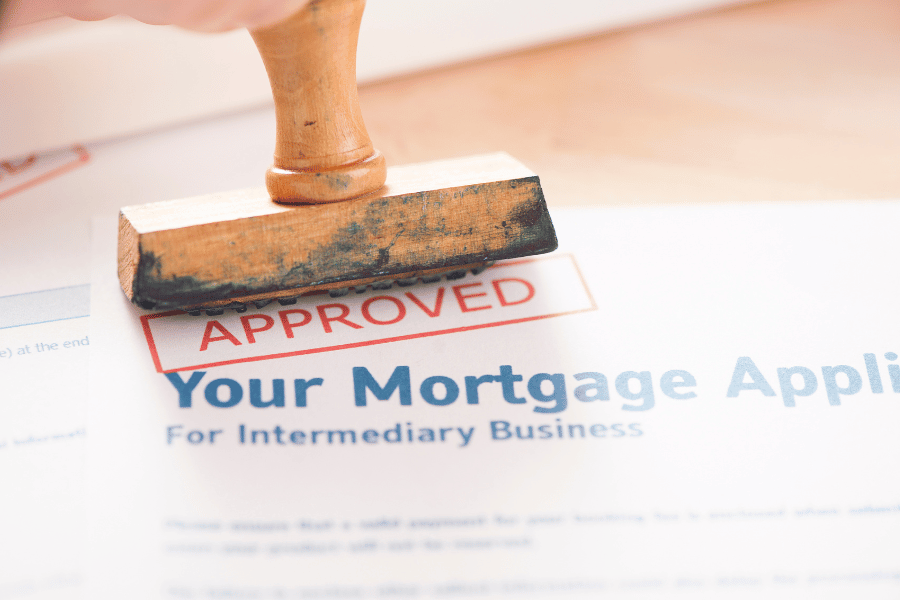
FAQ: First-Time Home Buyer Mistakes
Here are some commonly asked questions about first-time home buyer mistakes.
What to avoid after buying a house?
There are many things to avoid after buying a house, including not compromising your credit score, not forgetting to change the locks, and not getting carried away with renovations.
What are the two most significant obstacles for first-time home buyers?
The two most significant obstacles are a bad credit history and rising home prices. Another big obstacle is having limited savings, which could limit your choices of homes.
What is a down payment?
A down payment is the sum a buyer pays upfront when purchasing a home and is a. percentage of the total purchase price. Make sure you have enough to pay for the downpayment before becoming attached to a home.
What age are most first-time home buyers?
The average age of first-time home buyers has risen in recent years; now, it is about 37 years old, according to House Buyer Bureau's research.
How many houses does the average person buy?
The average person will own about three houses in their lifetime. Of course, this depends on your lifestyle and preferences, but there are things you can do to ensure your home lasts as long as you want.
First-Time Home Buyer Mistakes - All You Need to Know
When buying a house, it's easy to make mistakes, but with many steps involved, it can be overwhelming. However, buying a home is one of the biggest financial decisions you will make in your life, so make sure to do it right.
Luckily, you can use this guide to learn all about the most common mistakes and how to avoid them. When buying a home, it's crucial to partner with top-notch realtors, lenders, and attorneys to guide you through the process so you can find the perfect home style for you. The Real Estate market is ever-changing, and there are many things to keep in mind no matter how many houses you've bought in your life.
If you're considering moving to a new state, there are many things to think about before and after buying your new home. Raleigh, NC, is one of the fastest-growing areas in the country and has many stunning homes for sale; you'll have to act fast if you want to buy your dream home in one of Raleigh's best neighborhoods.
As you buy your next home in the Triangle, feel free to contact one of our helpful real estate specialists, as they are eager to help you find the perfect home. We know that buying a home can be stressful, and there are many common mistakes, so make sure you are prepared beforehand.

Ryan Fitzgerald
Hi there! Nice to 'meet' you and thanks for visiting our Raleigh Real Estate Blog! My name is Ryan Fitzgerald, and I'm a REALTOR® in Raleigh-Durham, NC, the owner of Raleigh Realty. I work alongside some of the best Realtors in Raleigh. You can find more of my real estate content on Forbes, Wall Street Journal, U.S. News and more. Realtor Magazine named me a top 30 under 30 Realtor in the country (it was a long time ago haha). Any way, that's enough about me. I'd love to learn more about you if you'd like to connect with me on Facebook and Instagram or connect with our team at Raleigh Realty. Looking forward to connecting!
Related Blogs
